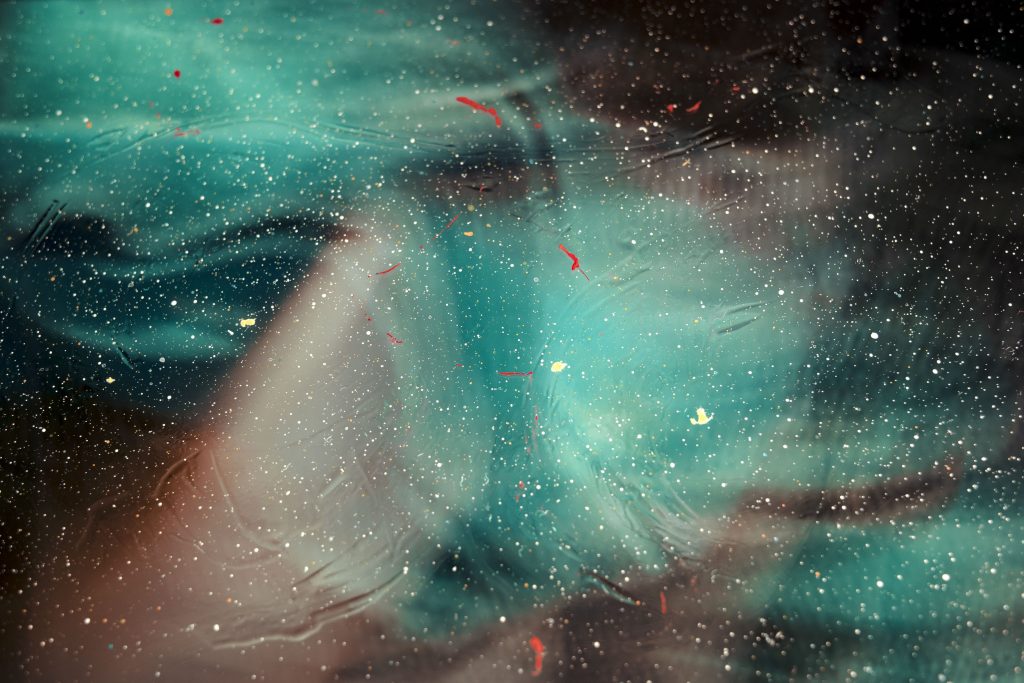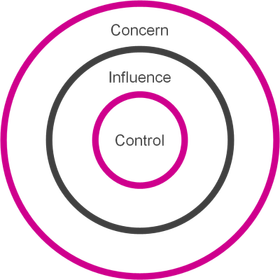How You Can Deal With Change

Change for a New Era
As I begin preparation for our course with Ed Hines, one of the key themes we will be covering is: how do you provide new coaching tools to deal with some the problems that we all face today?
There is concern about major issues – from dangers to the environment, to the rise of populism. These issues represent major shifts in the status quo that so many individuals and organisations used to rely on.
How do we deal with these issues, when the impact any one of us can have on them feels so nominal?
Indeed, while it’s not yet in the DSM, a new psychological disorder called eco–anxiety has been defined. I am sure that something similar will soon apply to concerns with unpredictable political developments.
Desires, Beliefs and Cognitive Dissonance
One of the new coaching tools that Ed and I have developed is around helping to resolve these complex issues – sometimes known as cognitive dissonance.
Human beings seek consistency in their world. Yet, sometimes conflicts between our desires, values and beliefs can create inner turbulence.
If left unchecked, that turbulence becomes a familiar state of being. Especially when we believe that we are helpless to make any difference.
This is different from conflicting issues where we do not ultimately feel helpless. So Ed and I realised some new techniques were required.
I feel strongly that the new world we face requires new approaches and a fundamentally different attitude.
What Can You Do Differently?
All change processes are based on what Stephen Covey called proactivity. The principle being that blaming others for the problems we face, it doesn’t help move the situation forward.
The first practical step is to work out what we can do differently. Covey also talks about the differences between concern, influence and control (see the diagram below).
National and global political policy is certainly not in our direct control. However, some of it is within our “Circle of Influence”. There are things we can do that have a chance of making a real difference. There are also areas where we can guarantee to make a difference (our Circle of Control). But these are actually very small.
When we are able to change our attitude and accept that we are not omnipotent and shift from trying to control things to trying to influence them, surprising opportunities can open up.

Mine and Ed’s process explores how to ignite the positive yet unpredictable journey which is made when we choose to refocus our efforts on what we can influence, no matter how small.
Once we do that, new learnings and opportunities open up that we could not have predicted. And, importantly, those new things are only open to us because we started by making a few uncertain steps into areas we do have some influence upon.
As we focus our attention on what we can change, our Circle of Influence grows, and our Circle of Concern shrinks. The unexpected consequence of this is it reduces cognitive dissonance – we feel less helpless.
Did you like this post?
Then check out our events and courses!
Where to find us
For posts, events, free open days and more, follow NLP School on:
What to read next
How Can You Get More Pleasure from What You Have?
The Three Most Influential Business Books








